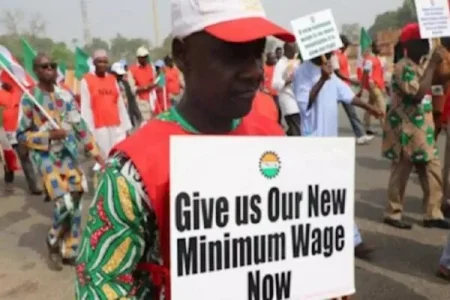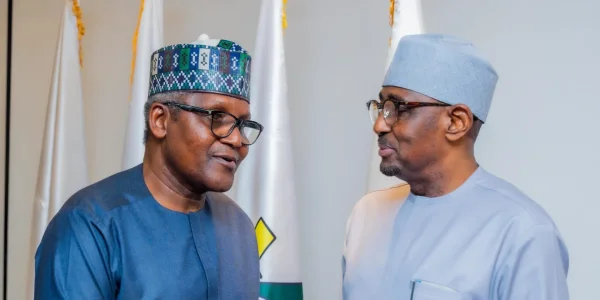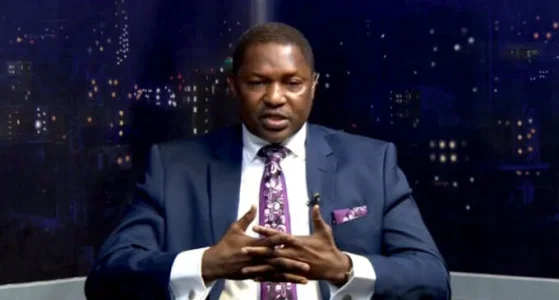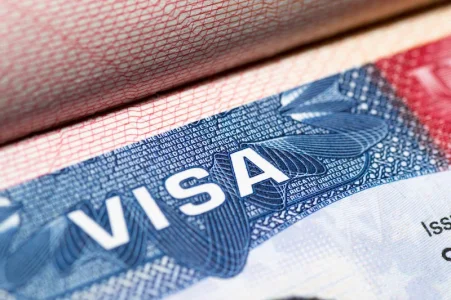
About 20 Nigerian states, including Zamfara, Cross River, and Kaduna, have yet to implement the ₦70,000 minimum wage for local government workers and teachers. Despite President Tinubu signing the wage law in 2024, many workers remain unpaid, prompting pressure from unions like NULGE for immediate action and compliance.
Despite the passage of the ₦70,000 minimum wage into law by President Bola Tinubu in July 2024, nearly 20 state governments have yet to fully implement the policy for local government employees and primary school teachers, sparking outrage among workers and unions.
According to Alhaji Haruna Kankara, National President of the Nigeria Union of Local Government Employees (NULGE), affected states include Yobe, Gombe, Zamfara, Kaduna, Imo, Ebonyi, Cross River, Borno, and the Federal Capital Territory, among others. Kankara noted that while some states have adjusted salaries for state-level workers, many local government employees and teachers have been excluded.
“We truly have the challenge of so many states that have not started implementing the new minimum wage. Some began with partial payments or made promises they have yet to fulfill," Kankara said, emphasizing ongoing negotiations and appeals to governors.
The Minimum Wage Act, signed into law after lengthy negotiations with labor unions, raised the wage by 133%, from ₦30,000 to ₦70,000, amid widespread economic challenges. While states such as Lagos, Rivers, Bayelsa, and Niger have implemented the new standard, others lag behind, deepening frustrations among grassroots workers.
The standoff has also reignited calls for full local government autonomy, with unions urging the Central Bank to expedite communications that would allow councils greater control over their finances.
Labor leaders warn that continued delays could trigger widespread protests, adding to the growing unrest in a country already grappling with inflation and unemployment.




